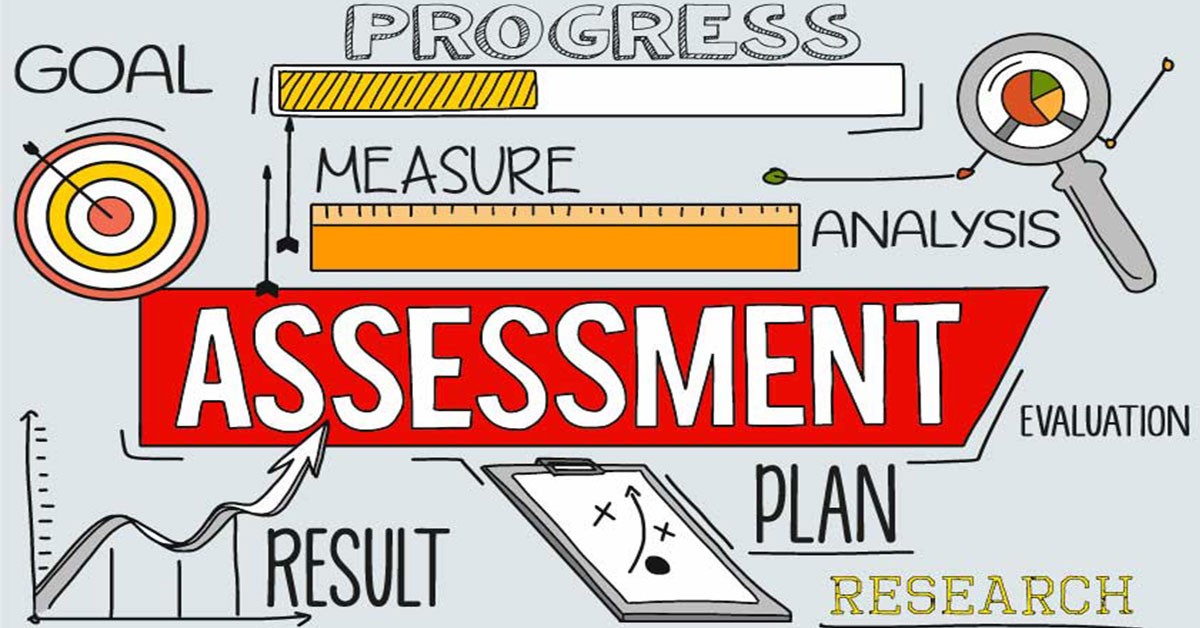
Appropriate - The method of assessment is suited to the performance being assessed.
Fair - The method of assessment does not represent any barriers to achievements related to the evidence.
Manageable - The methods used make for easily arranged, cost effective assessments.
Integration - Evidence collection is integrated into the work or learning process where appropriate and feasible.
Valid - The assessment focuses on the requirements laid down in the Standard; i.e. is fit for purpose.
Direct - The activities in the assessment mirror the conditions of actual performance as closely as possible.
Authentic - The assessor is satisfied that the work being assessed is attributable to the person being assessed.
Sufficient - The evidence establishes that all criteria are met and that performance can be repeated consistently.
Systematic - Planning and recording is sufficiently rigorous to ensure that assessment is fair.
Open - Learners understand the assessment process and criteria that apply.
Consistent - The same/another assessor would make the same judgement again in similar circumstances.
Click here to view an explanation about outcomes based assessments.
Understanding the Key-Principles Of Outcomes-Based Assessment
When entering the world of Outcomes-Based Assessment, the assessor will hear the term “principles of good assessment” along with all the jargon and acronyms that go with it. Though it seems like a lot of terminology, these principles are really the foundation of successful assessment and it is important to understand what is meant by them, both as assessor and as moderator (who checks for them).
Click here to view a video that explains the key principles of assessments.